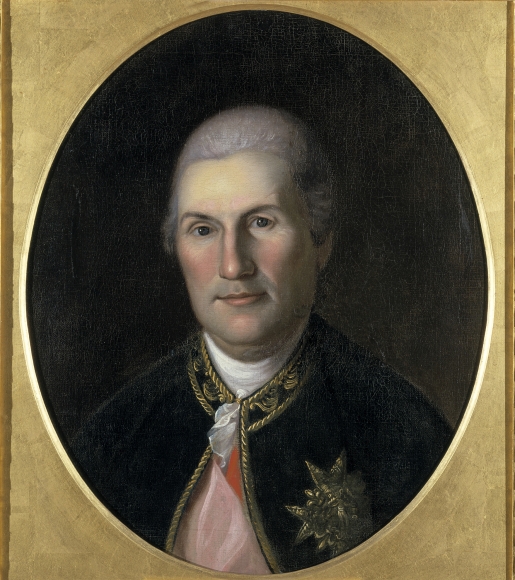Say what you want but without the French we don't win the Revolutionary War.
Found this interesting today.
The Quasi-War with France begins
On this day in history, July 7, 1798, the Quasi-War with France begins. This was an undeclared naval war between the United States and France extending out of continued war between Britain and France after the French Revolution.
A state of war existed between the British monarchy and revolutionary France in the 1790s. Both sides wished to prevent the Americans from joining the other side, while the Americans hoped to remain neutral. The British policy at the time was basically, if you help my enemy then YOU are my enemy. This caused the British confiscation of American ships trying to trade with France or with French possessions in the Caribbean.
The Jay Treaty of 1796 resolved this and many other issues remaining with Britain after the Revolution, but the agreement angered the French Directorate, a five-man committee then leading France. In response, France used the same British policy against America and began confiscating ships and impressing soldiers on American vessels trading with Britain.
President John Adams tried to use diplomatic channels to resolve the crisis, but in March of 1797, the French refused to meet with new American ambassador, Charles Cotesworth Pinckney. By June 1797, over 300 American ships had been taken by French vessels. Insurance costs skyrocketed. Congress met and reauthorized the creation of a US Navy and the commissioning of 12 naval vessels. It authorized the resurgence of the US Army and George Washington was asked to come out of retirement to lead it in case of war with France.
By the fall, Pinckney was joined by Elbridge Gerry and John Marshall, but French Foreign Minister, Charles Talleyrand, would not meet formally with the American commission. Instead, he sent a series of unofficial representatives who asked for financial bribes for Talleyrand to meet with them. These clandestine meetings lasted for several months until the commissioners finally refused any more dealings with the unofficial representatives and returned home.
Back in the US, the dealings in France were shared with Congress by President Adams. The whole affair became as known as the "XYZ Affair," X, Y and Z being used as substitutes for the names of the French intermediaries. The predictable response in the US was outrage. On July 7, 1798, Congress revoked its Treaty of Alliance with France that had existed since the American Revolution. This date is normally considered to be the beginning of the "Quasi-War" with France. It is called the Quasi-War because a formal declaration of war was never issued by either side, although both sides authorized military force against naval ships.
Two days after revoking the treaty, Congress authorized the attacking of French war vessels. American naval ships began seizing French vessels and the war machine in the US continued to grow. By the fall of 1800, hundreds of American ships had been seized, while the Americans had captured dozens of French vessels.
In spite of his party's wish for war with France, John Adams continued to pursue diplomatic means to peace behind the scenes. A change finally occurred when the Directorate was overthrown by Napoleon Bonaparte who had a more favorable attitude toward the United States. The Treaty of Mortefontaine, also called the Convention of 1800, brought the hostilities to an end when it was signed on September 30, 1800. The treaty confirmed an end to hostilities and guaranteed trade and perpetual peace between the two nations.
President Adams is generally considered to have singlehandedly prevented further war with France. The events of the Quasi-War helped reaffirm the supremacy of Congressional statutes over Presidential orders, as well as the policy of American neutrality in foreign affairs.
Thank you, revolutionary-war-and-beyond.com, for the main body of this essay…

